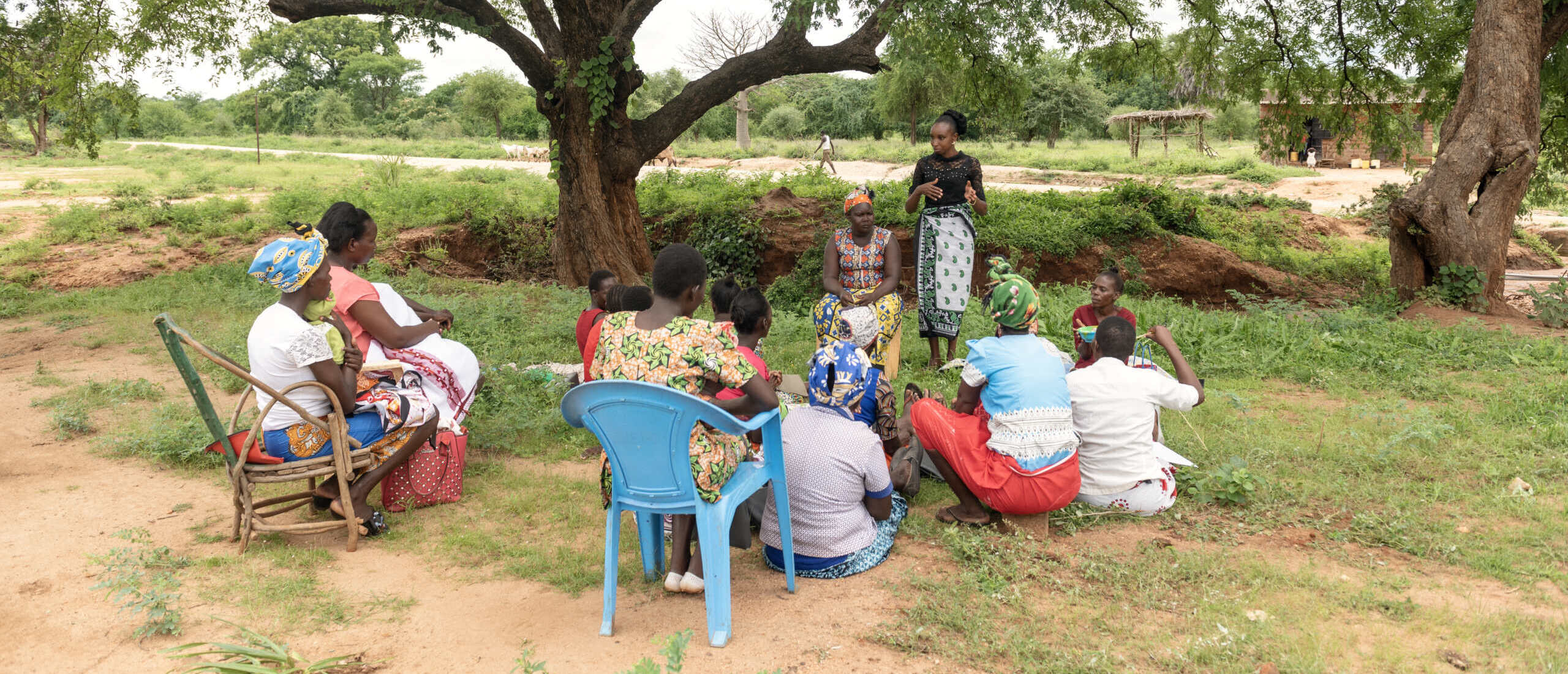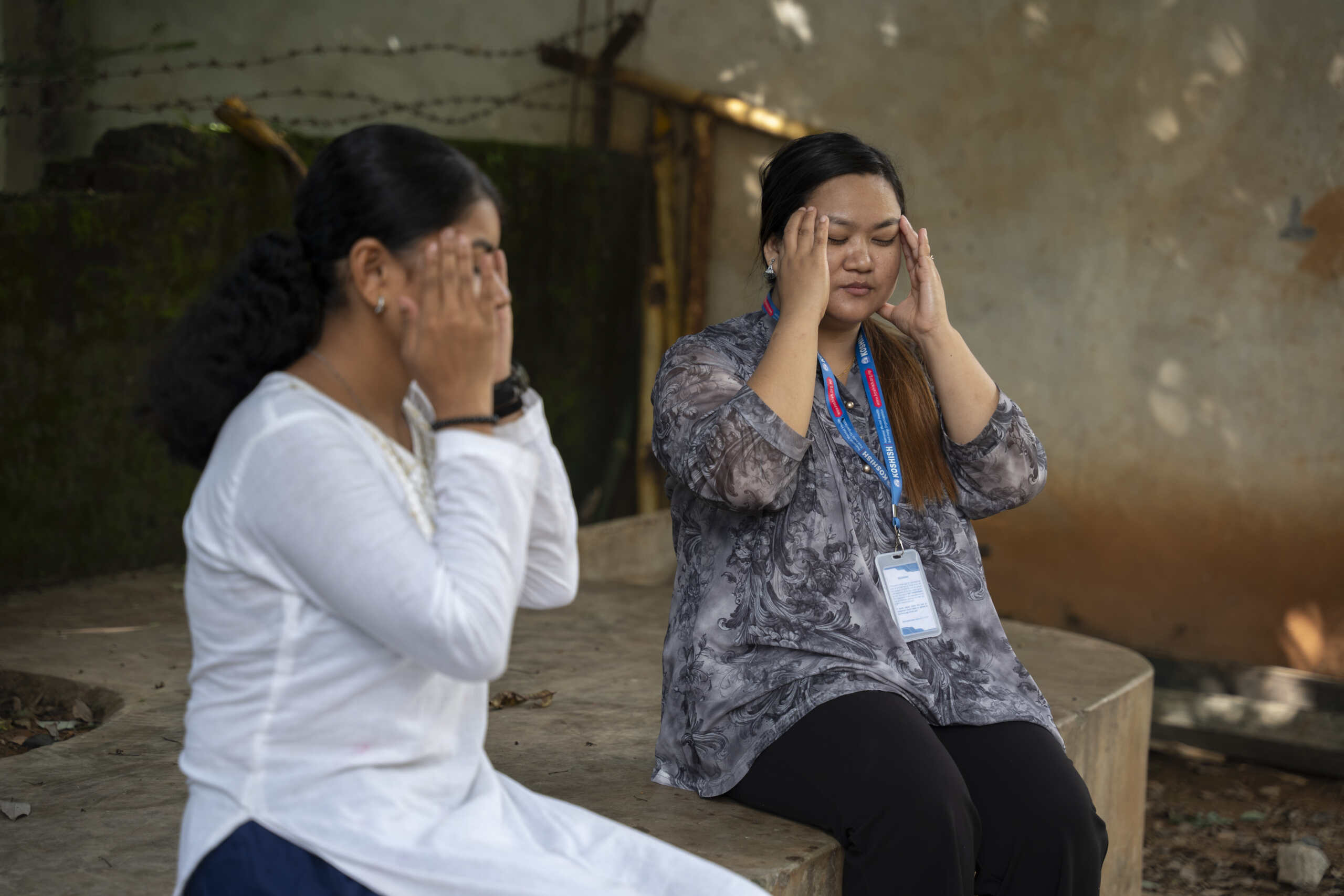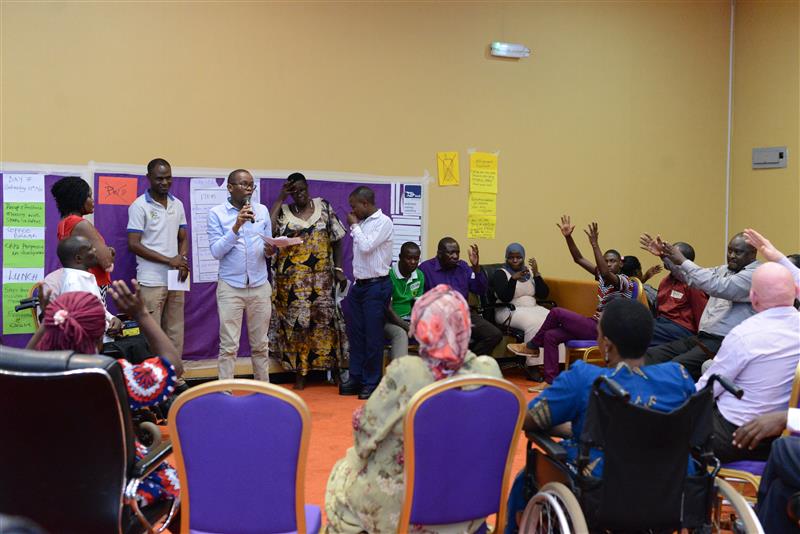The importance of citizen-generated disability data
Blog | March 29, 2023
Elizabeth Lockwood, Ph.D., CBM Global’s representative to the United Nations, talks about the importance of citizen-generated disability data.
In order to build inclusive data systems that empower all people and communities everywhere, persons with disabilities must play a meaningful role in the data value chain. Disability data are needed to understand the real situation of persons with disabilities to identify gaps that are not addressed through policies and to provide examples of success. Yet there remains an overall lack of disability data with adverse consequences.
There is a significant data gap in the monitoring of the Sustainable Development Goals (SDGs), in which out of 10 SDG indicators that require data disaggregation by disability status, data are available for only 2 of them, as highlighted in the Sustainable Development Goals Report 2022. A lack of data in these situations can create dire consequences for persons with disabilities.
One way to address this barrier is to use citizen-generated data – both qualitative and quantitative – to fill data gaps and complement official statistics, particularly in the monitoring of the SDGs and the UN Convention on the Rights of Persons with Disabilities. Citizen-generated data produced by organizations of persons with disabilities (OPDs) are especially important since persons with disabilities and their representative organizations understand their communities and experiences better than anyone. OPD-led data collection is especially important in emergency situations to gather data urgently to effectively address dire situations. Moreover, OPDs can more easily locate their members in communities to ensure accurate numbers.
Another way to address this gap is to form data partnerships around inclusive data processes, specifically bringing together statisticians, policymakers, OPDs, NGOs, and academia to exchange information, learn from one another, and create evidence-based policies to create sustainable change. In particular, OPDs should be included in data production from the start to contribute to data gaps and to establish more co-creation and co-ownership of data production between OPDs and National Statistical Offices.
And also, it is important to build data capacity in stakeholders, including training for enumerators, and especially OPDs, to be better prepared to survey their communities and for future emergencies. At the same time, National Statistical Offices need to be trained in disability awareness as well as qualitative data methods to complement official statistics. Resources that CBM Global produced with partners such as the Disability Data Advocacy Toolkit and the Disability Data Advocacy Workshop for Organizations of Persons with Disabilities are examples of resources that can be used to increase awareness.
Ending on a positive note, there has been a shift toward recognizing citizen-generated data to fill data gaps. This was evident at the 54th session of the United Nations Statistical Commission in which governments indicated support for citizen-generated data to complement data gaps in measuring the SDGs. Also, during the session, Timor-Leste and Algeria mentioned disability data, with Algeria highlighting that it has recently added immigration and disability as new disaggregation categories.
Let’s keep up the emphasis on collection, use, and analysis of citizen-generated data.
Read about CBM Global’s work on data and persons with disabilities.
https://cbm-global.org/blog/the-importance-of-citizen-generated-disability-data
Related News

What our partners told us and how it shapes our future
One of our strategic priorities as a Federation is to shift power in partnerships....

Breaking Stigma, Building Hope: Suicide Prevention in Nepal
After losing her young daughter to suicide, Maya developed a mental health condition while...

Accessibility, reasonable accommodation, and budgeting for inclusion
Budgeting for inclusion, accessibility, and reasonable accommodation must be...
